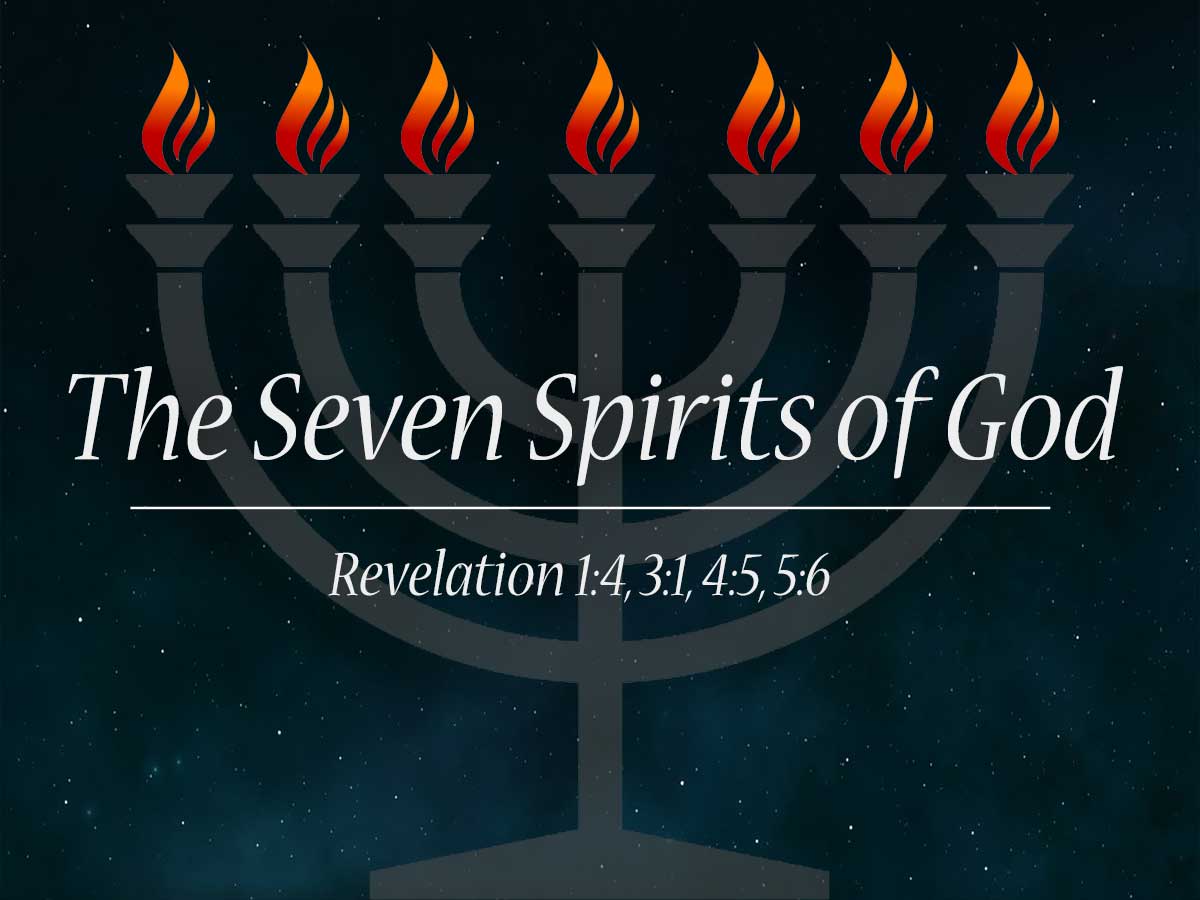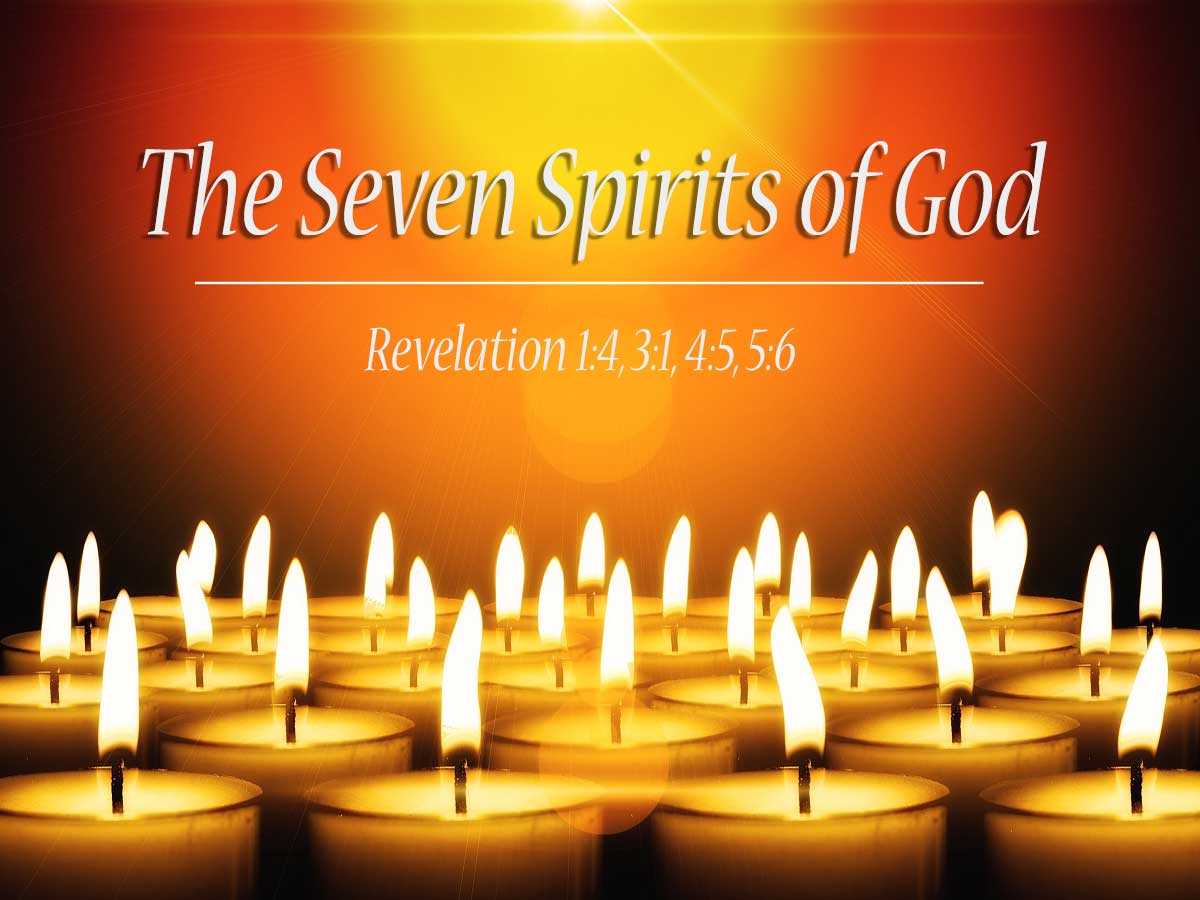Introduction: The Quest for a First Century Faith
This site documents one protestant Christian’s careful investigation into the doctrine of the Trinity. The goal is simple: to distinguish Biblical truth from church tradition wherever the two may diverge, in order to align as closely as possible with the faith of the first century church.
Even respected conservative theologians such as the late Dr. Charles Ryrie acknowledge that “the N. T. contains no explicit statement of the doctrine of the triunity of God.“ 1 Yet we are often told that our very salvation depends upon believing it. With such high stakes, many Christians – pastors, scholars, and laypeople alike – suppress legitimate concerns and rely instead on the fact that Trinitarianism is widespread and long taught.
But from a protestant perspective, the 16th century reformation cautions us that a doctrine can be both longstanding and widespread, yet still be incorrect. This was the contention of Martin Luther’s fellow reformer Michael Servetus. He wrote a book entitled On the Errors of the Trinity and was later burned at the stake for it – a fate Luther himself narrowly avoided after being branded a heretic in the wake of his own protests.
Both of these men recognized that the true litmus test of a doctrine is whether or not it harmonizes with the whole counsel of Scripture in its proper context. It is in the spirit of these protestant reformers that the following research is presented for consideration.
Recent Articles
Is Christ the Creator in Hebrews 1:10?
My Lord and My God in John 20:28: Two Distinct Individuals
The Seven Spirits of God: Holy Spirit, Angels, or Both? (Part 2)
The Seven Spirits of God: Angels, Holy Spirit, or both? (Part 1)
5 Reasons the Gospel of John is Not Trinitarian
Featured Author
The I am Statements of Jesus – Theophilus Josiah
Featured Video
Watch the narration video of our article The Evolution of the Doctrine of the Trinity below!
Mailing List
Follow Us On Facebook
- Charles Ryrie, Basic Theology: A Popular Systematic Guide to Understanding Biblical Truth, p. 60. ↵






